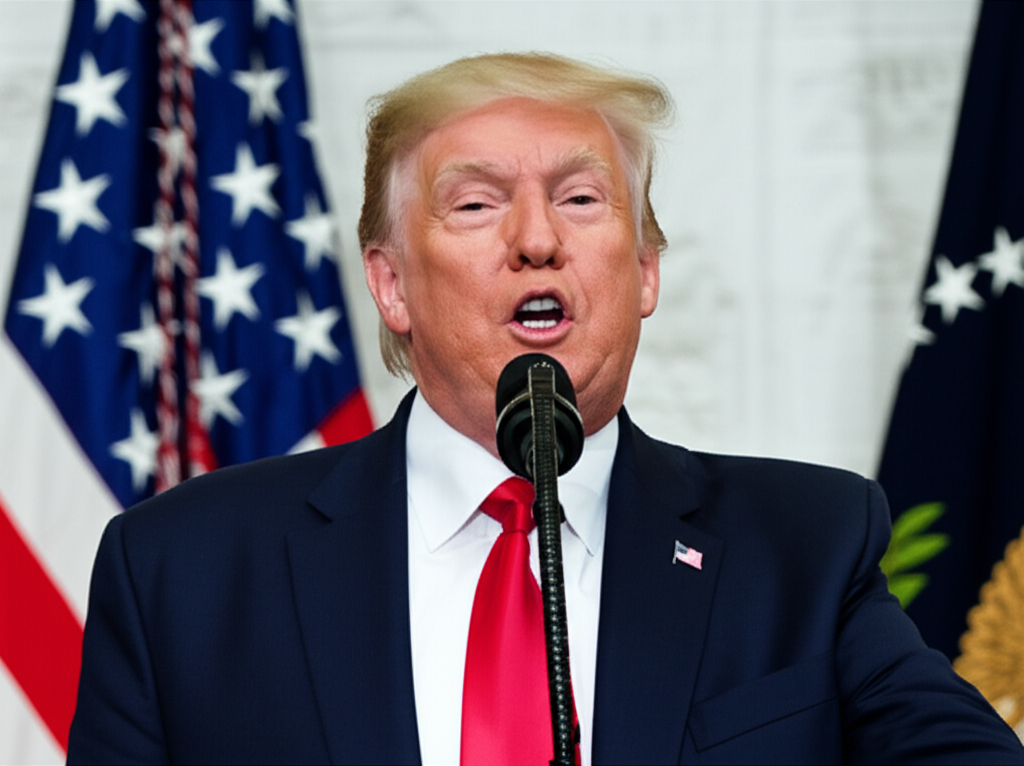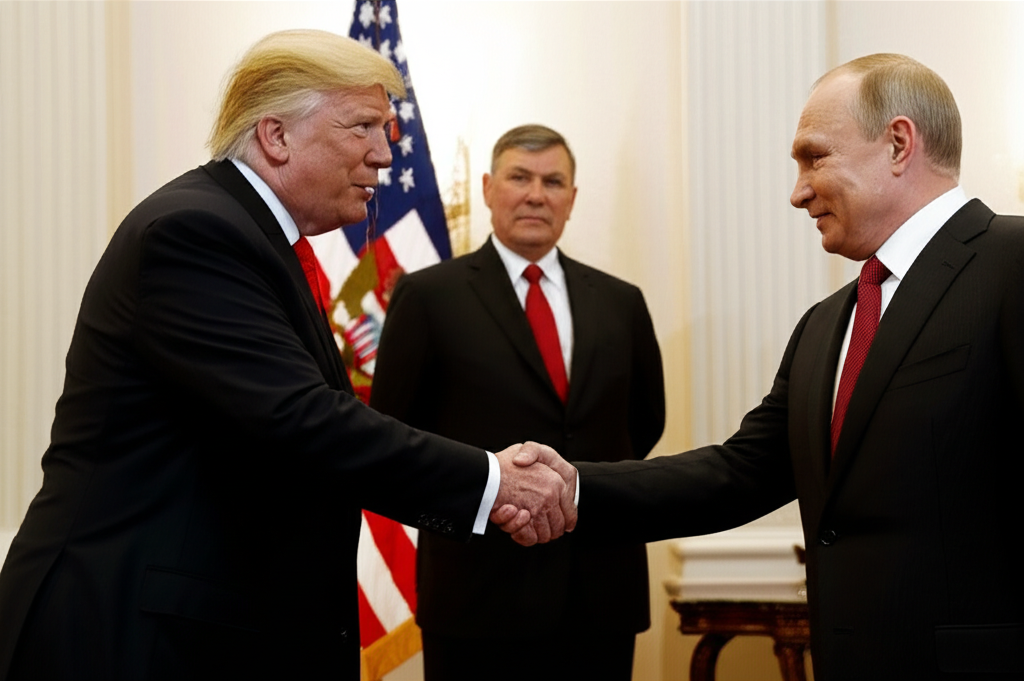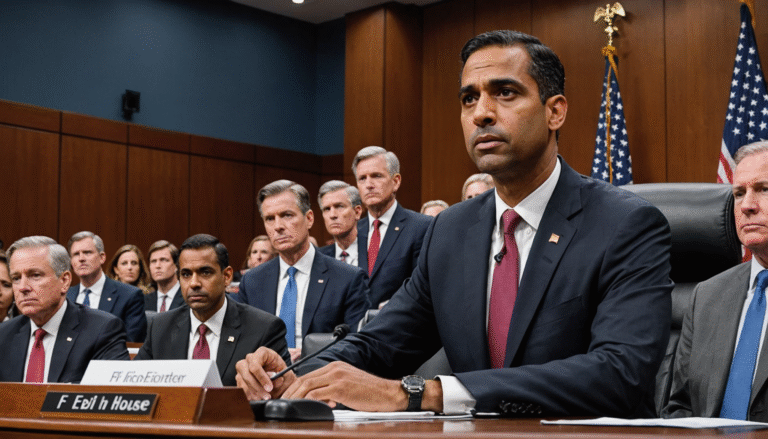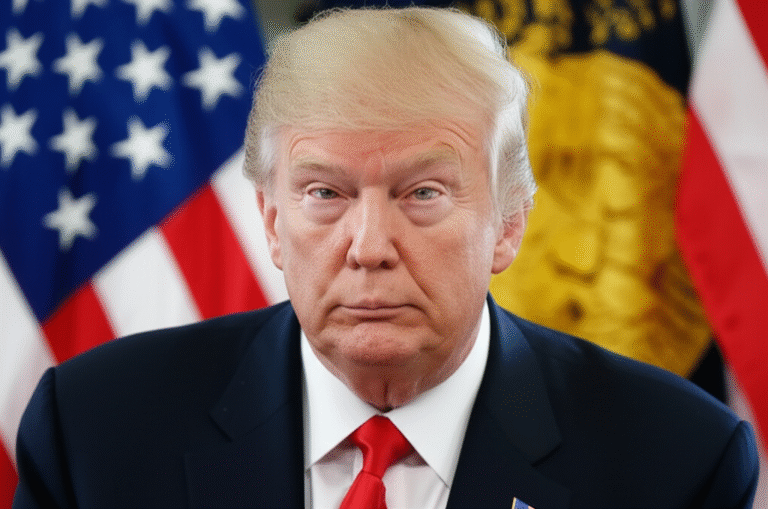
President Donald Trump has presented United States allies with significant demands: cease purchasing Russian oil and impose substantial tariffs on China. These directives, particularly regarding trump russia oil sanctions, have met skepticism and resistance within the European Union. Brussels officials highlight their extensive existing measures against Moscow, viewing Trump’s requests as potentially unfeasible and possibly a tactic to defer stricter US action against Russia itself. The geopolitical landscape underscores a divergence in strategic approaches between Washington and European counterparts.
Europe Grapples with Trump Russia Oil Sanctions Demands
Trump’s call to halt Russian oil purchases, made in a Truth Social post, stipulated “major sanctions” on Moscow if all NATO countries complied. However, the 27-nation EU has already enacted a ban on the vast majority of Russian oil imports following the Kremlin’s 2022 invasion of Ukraine. This decisive action has drastically reduced the EU’s reliance on Russian oil, cutting its share of imports from 29 percent in early 2021 to a mere two percent by mid-2025, demonstrating a sustained effort to diminish its energy dependence.
Currently, two EU member states, Hungary and Slovakia, continue to acquire oil from Russia. These nations are noted for their friendly relations with both Moscow and Trump. The EU, however, is actively working towards a complete cessation of these purchases and has outlined an ambitious plan to entirely phase out all Russian oil and gas imports by the close of 2027. Ursula von der Leyen, the EU chief, has indicated Brussels’ intent to “look at phasing out Russian fossil fuels faster,” collaborating with international partners to intensify sanctions against Moscow. Other officials have suggested a commitment to a timeline described as “very ambitious” by EU energy commissioner Dan Jorgensen after recent discussions with his US counterpart.
Diplomats within the EU have cautiously welcomed any potential pressure from Trump on Budapest and Bratislava. They argue that such intervention could bolster European resolve in fully cutting ties with Russian energy supplies.
“We wouldn’t mind some extra push on Hungary, Slovakia from his side as well,” an EU diplomat said, speaking on condition of anonymity.
Beyond the EU, Turkey, a non-EU NATO member, presents another challenge. Ankara has notably refused to join international sanctions against Moscow, instead increasing its purchases of Russian oil, complicating the broader effort to restrict Russia’s energy revenues.
Tariffs on China Face European Resistance
While President Trump’s demands concerning Russian oil imports largely align with existing European efforts, his call for tariffs on China stands in stark contrast to the EU’s free-trading principles. In his social media post, Trump proposed that NATO countries should levy “50% to 100% TARIFFS ON CHINA,” with the condition that these would be “fully withdrawn after the WAR with Russia and Ukraine is ended.” The EU has taken action against Chinese entities, blacklisting firms and banks accused of supporting Russia’s military or helping circumvent EU sanctions.
Despite these targeted measures and its own grievances over China’s commercial practices, the EU bloc harbors no appetite for a broader trade war with the Asian economic powerhouse. Tariffs, as a trade policy instrument, are not a preferred or currently discussed option within Brussels for dealing with China. An EU diplomat confirmed this sentiment, stating, “Tariffs is not something that is really discussed at the moment.” The EU’s approach remains one of targeted enforcement rather than sweeping protectionist measures, underscoring a fundamental difference in trade philosophy with the former US administration’s proposals.
Background: EU’s Evolving Sanctions Policy
The European Union’s response to Russia’s actions, particularly since the 2022 invasion of Ukraine, has been characterized by a steadily escalating series of sanctions. The initial ban on the vast majority of Russian oil imports was a pivotal move, drastically altering the energy landscape in Europe. This was part of an ongoing strategy to exert economic pressure on Moscow. The reduction of oil imports from 29 percent in early 2021 to two percent by mid-2025 illustrates the significant practical impact of these policies. The EU’s long-term goal, articulated by chief Ursula von der Leyen, is to accelerate the phasing out of all Russian fossil fuels, with a comprehensive plan targeting the end of 2027 for oil and gas. This proactive stance reflects a deep-seated commitment within Brussels to undermine Russia’s capacity to finance its aggression. The context of these trump russia oil sanctions is rooted in the EU’s response to the 2022 invasion of Ukraine. Discussions with US counterparts, such as those involving EU energy commissioner Dan Jorgensen, have underscored the “very ambitious” nature of these European efforts, indicating a sustained and complex strategic undertaking.
What’s Next: Brussels Prepares New Measures

Brussels is currently preparing to unveil its proposals for a 19th package of EU sanctions against Russia since the invasion of Ukraine. This forthcoming round of measures is expected to target Chinese businesses identified as supporting Russia’s military or helping bypass existing EU restrictions. However, officials do not anticipate a broader “onslaught” against Beijing, maintaining a distinction between specific enforcement actions and an overarching trade conflict.
Despite the continuous diplomatic engagement, including recent talks between the bloc’s top sanctions envoy and his US counterpart in Washington, genuine coordination on these new measures with the United States appears to be limited. Skeptical diplomats have raised concerns that Trump’s recent demands, particularly those unlikely for the EU to adopt, might be strategically timed. The ongoing discussion around trump russia oil sanctions highlights a broader strategic divergence and the potential for these demands to serve as a pretext for Trump to justify a softer stance against Russia on the US’s part.
“What is dangerous is that the US administration hints that if we don’t follow through with this idea, the EU is not serious enough in the US’s eyes in wanting to end the war,” said a second EU diplomat. “This would be a dangerous spin.”
This highlights a perceived risk that diverging approaches could be exploited to question the resolve of allies, potentially undermining the collective effort against Russia.
- President Trump has demanded US allies stop buying Russian oil and impose 50-100% tariffs on China.
- The EU has already reduced Russian oil imports from 29% in early 2021 to 2% by mid-2025.
- Hungary and Slovakia are currently the only EU members still purchasing Russian oil.
- Turkey, a NATO member, has increased its purchases of Russian oil and has not joined sanctions.
- The EU is preparing its 19th sanctions package against Russia, targeting some Chinese businesses.
The EU’s sustained efforts to impose economic pressure on Russia, coupled with its distinct approach to trade relations with China, illustrate a complex foreign policy. While aligning on the goal of ending the conflict in Ukraine, methods and priorities between the US and EU sometimes differ. [Source]







